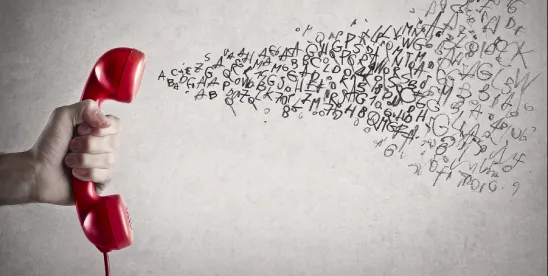Among several telecom and privacy bills responding to COVID-19 at today’ hearings before the California Assembly, the Communications and Conveyance Committee cleared an anti-robocalls bill – AB 3007 – that would further strengthen the existing state law restricting unwanted telemarketing robocalls.
Existing law, the Public Utilities Code § 2871 et seq., defines the automatic dialing-announcing devices as automatic equipment that has a storage capability of telephone numbers to be called, or a random or sequential number generator capable of producing numbers to be called, and the capability to disseminate a prerecorded message to the telephone number called. The existing law prohibits a person from operating an automatic dialing-announcing device except for specified purposes and uses, including to transmit an message to an established business associate, customer, or other person in an established relationship with the person using the automatic dialing-announcing device. The existing law also prohibits the person using the automatic dialing-announcing devices from making a telephone connection for which no person, acting as an agent or telemarketer, is available for the person called.
Under the bill, “automatic dialing-announcing device” for these purposes would mean any automatic equipment that does any of the following:
(1) Stores telephone numbers and calls the telephone numbers automatically calls, or automatically sends text messages to to, telephone numbers taken from a list. those stored telephone numbers, without significant human involvement in the act of calling or sending.
(2) Generates telephone numbers in a random or sequential order and calls the calls, or sends text messages to, telephone numbers or automatically sends the telephone numbers text messages. taken from the telephone numbers generated, without significant human involvement in the act of calling or sending.
(3) Makes telephone calls or sends text messages that otherwise include artificial or prerecorded voice or prewritten text messages.
The bill would further add to the existing robocall consent requirement by authorizing a person called who gave prior consent pursuant to a prior agreement to revoke that consent “at any time and in any reasonable manner, regardless of the context in which the consent was provided.”
Additionally, the bill would repeal the authorization for the use of automatic dialing-announcing devices to make calls pursuant to an established business relationship or the recipient’s request.
Moreover, this bill would require telephone corporations, upon request, and at no additional charge, to make technology that mitigates consumer impacts of automatic dialing-announcing devices available to customers and to offer to customers an option to have the telephone corporation prevent calls and text messages originating from a particular source. These requirements would be implemented by the Public Utilities Commission.
Among the other things, what is also notable is that the bill would authorize a person harmed by a violation of those requirements, or of the applicable rules established by the commission, to bring an action to enjoin such a violation and/or to recover “any actual monetary loss from, or receive five hundred dollars ($500) in damages for, such a violation, whichever is greater.” The bill would also authorize the court to impose up to treble damages for a willful or knowing violation of those requirements.
If AB 3007 gets signed into law, I have no doubt that another wave of robocalls litigation in California will be coming in this way.




 />i
/>i

